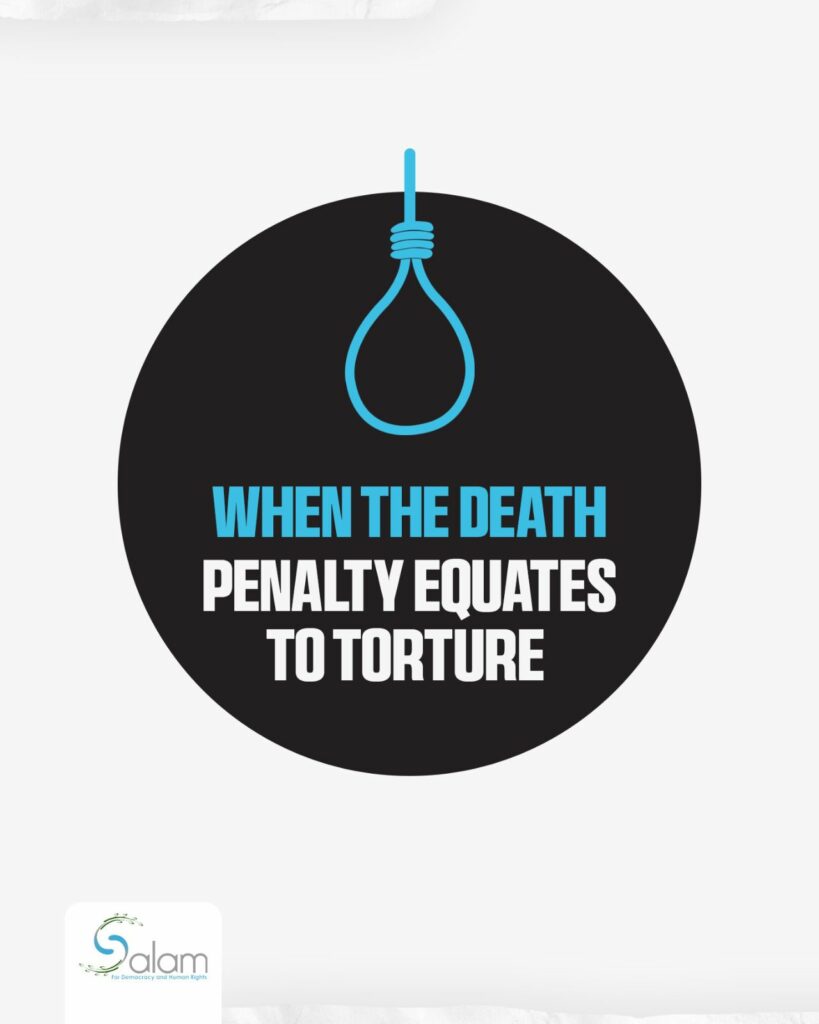The application of the death penalty in Bahrain continues to raise global concern. In 2017, Bahrain ended a seven-year de facto moratorium by executing three individuals, followed by another three in 2019. Currently, 27 individuals are at risk of execution.
In December 2022, the United Nations General Assembly adopted the 9th resolution for a moratorium on the use of the death penalty. 125 of the world’s 193 states – or 65% – voted in favour of a moratorium. These states recognise that the death penalty is the ultimate cruel, inhuman and degrading (CID) punishment. They oppose it in all cases regardless of who is accused, the nature or circumstances of the crime, guilt or innocence or method of execution.
Contrary to the express call of its own National Institute for Human Rights, the Government of Bahrain (GoB) voted against the resolution.[1] This places Bahrain against the direction of world opinion, especially as more countries supported the moratorium in 2022 compared to 2020.
Even if international law provides for the death penalty under strict fair trial standards and other safeguards, a growing body of evidence indicates that even when compliant with international fair trial standards, the process for handing down a death sentence can, itself constitute cruelty amounting to torture.
Download & Read

 العربية
العربية Français
Français Deutsch
Deutsch